
Discover best practices in third-party risk management and vendor risk management with these white papers from Aravo Solutions.

The manufacturing industry faces unique TPRM challenges. Centralizing TPRM processes, systems, and teams is critical to success.

The manufacturing industry faces unique TPRM challenges. Centralizing TPRM processes, systems, and teams is critical to success.
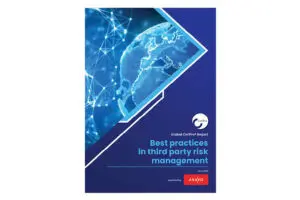
As seen with the new German Supply Chain Due Diligence Act, regulators are demanding increased transparency from organizations. Learn how to manage compliance proactively.
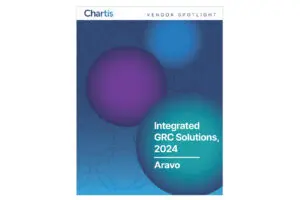
The manufacturing industry faces unique TPRM challenges. Centralizing TPRM processes, systems, and teams is critical to success.

The manufacturing industry faces unique TPRM challenges. Centralizing TPRM processes, systems, and teams is critical to success.

When it comes to TPRM for consumer goods organizations, an integrated approach to third-party risk management must be implemented.
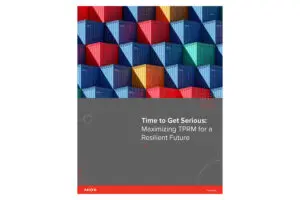
Third-party risk management programs are essential to generating value, building resilience, and aligning with strategic goals. Learn best practices for evolving your program.
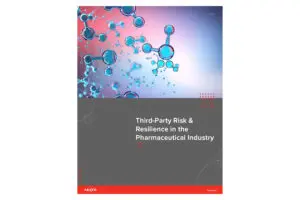
Pharmaceutical and life sciences organizations face a wealth of third-party risks. Implementing TPRM for the pharmaceutical industry is integral to minimizing supply chain delays and meeting regulator expectations.
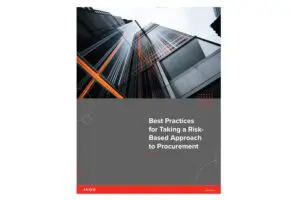
Best Practices for Taking a Risk-Based Approach to Procurement The procurement team is the bridge between the enterprise and the extended enterprise: the organization and […]

The results of the 4th Annual TPRM Benchmarking survey will empower you and inform your Third-Party Risk Program.
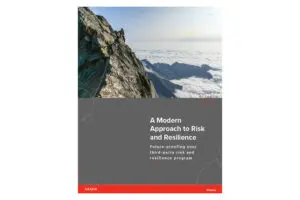
This white paper explores best practices for taking a modern approach to TPRM.

Explore best practices for conducting third-party risk assessments at the engagement level to reduce your organization’s risk exposure.

This white paper helps mid-sized enterprises understand and find optimized solutions to fit their needs.

Over 250 TPRM professionals were surveyed on how third-party risk management is evolving. Download the research report to learn about the state of TPRM in 2020.

Download the AI for Third-Party Risk Management to learn how AI can help automate intelligent decision-making predictions
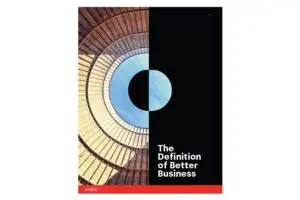
Aravo delivers the market’s leading third-party risk and supplier performance management solutions. Download our brochure to learn more!
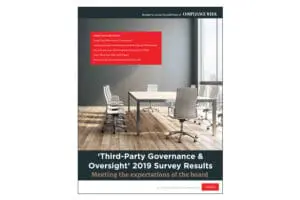
Compliance Week and Aravo’s report presents the results of a recent industry survey on board oversight of third-party risk and governance.
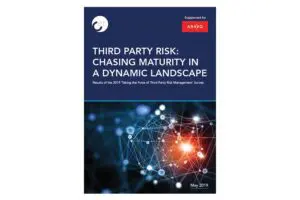
This survey sheds light on how the discipline of 3PRM is evolving and provides important data points to help you benchmark programs and identify best practices.
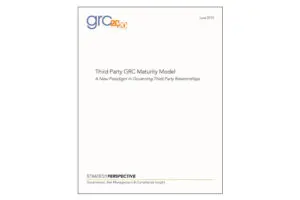
Start the TPRM journey by understanding maturity levels, next steps to take, and internal buy-in.
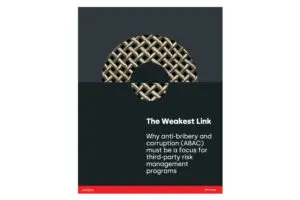
Explore threats third-party ABAC risk pose and actionable strategies for incorporating ABAC risk management into your TPRM practice.

With the trend to locate third-party risk within operational risk, recognize that there are distinctions and management requirements.
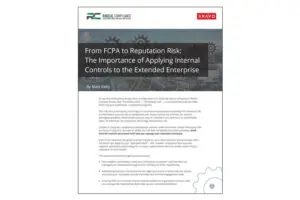
From FCPA to Reputation Risk: The importance of applying internal controls to the extended enterprise and to govern third parties.

Meeting the Expectations of the Board: Accelerating vendor and third-party program maturity to enhance governance and oversight.

Concern over cybersecurity has prioritized vendor risk management for regulators, investors, customers, CEOs, operations executives, and the board of directors.

Enterprises struggle with mandates to consistently improve and document cybersecurity to protect brand reputation and customer trust.
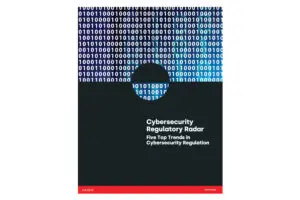
Learn about the top trends in cybersecurity regulation and how they affect industries around the globe.
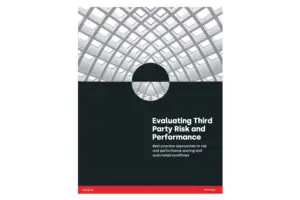
Learn how effective scoring methodologies and automated workflows help manage third-party risk, performance and compliance at scale.
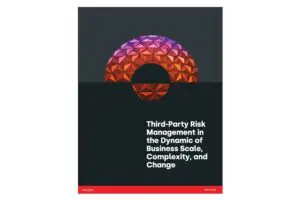
Explore three common challenges that global businesses face as they consider third-party risk management (TPRM) program requirements.
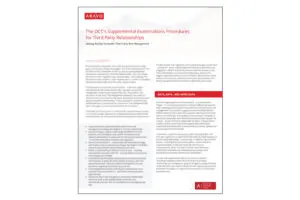
Learn more about the OCC’s Supplemental Examination Procedures for Third-Party Relationships and how it challenges applies to TPRM.

Pharmaceutical companies need to ensure that their own operations and those of third parties comply with the FCPA and similar regulations.